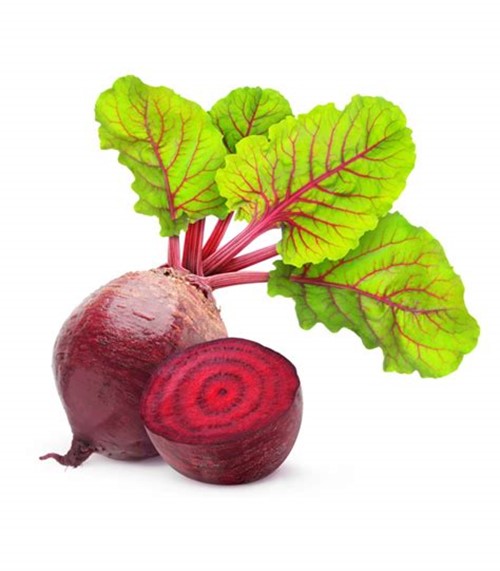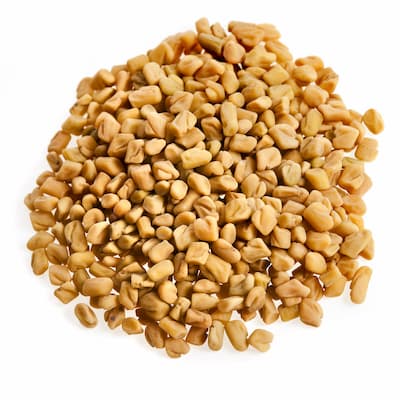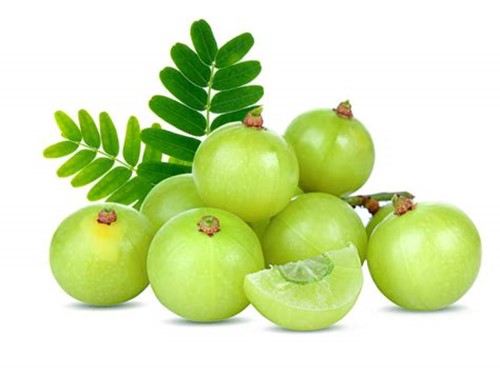5 Ayurvedic Herbs That Cure Anaemia
Published Date: 8/7/2021 7:29:29 AM
Anemia is called "PANDU" in Ayurveda. The pathology of anemia finds its roots in the imbalance of "Agni", the digestive fire, which eventually leads to the formation of ama. This disruption is caused by pitta that is circulated around the body by aggravated "Vata". The hemoglobin count in an individual’s body falls below its normal level of 15gm/100ml of blood. It causes shortness of breath, fatigue and weakness. The heart palpitations are typically high too. Some of the herbs described in Ayurvedic literature which help to cure anemia are as follows:

Beets (Beta Vulgaris Subsp)
"Beets", also called Beetroots, are loaded with many vitamins, minerals, inorganic nitrates, pigments and are low in calories and fat. Health benefits include lowering blood pressure due to nitrates which reduces the risk of heart attacks, heart failure, and stroke. Beets also increase athletic performance by improving oxygen use and reducing exhaustion.

Pomegranate (Punica Granatum)
"Pomegranates" are among the healthiest fruits on Earth. Pomegranates are nice for maintaining a balance of the 3 doshas ("Vata", "Pitta", "Kapha") within the body. With associate degree astringent dominant style, here are additionally, sweet, bitter, and bitter tastes coming back through. though pomegranates are extremely effective indigestion it doesn't irritate the tyrranid dosha. Pomegranate could be a treasure of nutrients, referred to as “Dadima” in Ayurveda, that has been used for its varied health advantages for hundreds of years. it's popularly thought of as a “blood purifier”. Pomegranate juice, once taken on a daily basis, is useful in relieving organic process issues like diarrhea.

Fenugreek (Trigonella Foenum-Graecum)
Fenugreek also known as "Methi" is a highly effective herb that is native to southern Europe and the Mediterranean region and is cultivated in southeastern Europe, western Asia, India, and northern Africa. People use its fresh and dried seeds, leaves, twigs, and roots as a spice, flavoring agent, and supplement. While more research is necessary, some studies show that fenugreek may have varied health benefits.

Amla (Emblica officinalis)
"Amla" is perhaps one of the richest sources of vitamin C and is perfect for the overall immunity, as it can rejuvenate and revitalize the body systems. Amla is cooling in nature and can help remove excess body heat, thus often recommended in pitta conditions. It is also helpful in in afflictions of the gastro-intestinal tract. Amla is also believed to stimulate regeneration of red blood cells and help improve hemoglobin content in body. Due to its anti-inflammatory properties, it can help soothe joint pains. Amla is often used in powder form but is also available as tablets or liquid extracts. It is best to consume amla in raw form. Amla powder can be consumed by mixing with honey, twice a day. Chyawanprash is a well-known Ayurvedic formulation that can be taken to reduce mental and physical fatigue and boost immunity also contains amla.

Sesame Seed(Sesamum Indicum)
"Sesame" seeds supply iron, copper, and vitamin B6, which are needed for blood cell formation and function. Plant compounds and vitamin E in sesame seeds function as antioxidants, which combat oxidative stress in your body. Sesame seeds are a good source of several nutrients that are important for immune system function, including zinc, selenium, copper, iron, vitamin B6, and vitamin E.
Comments